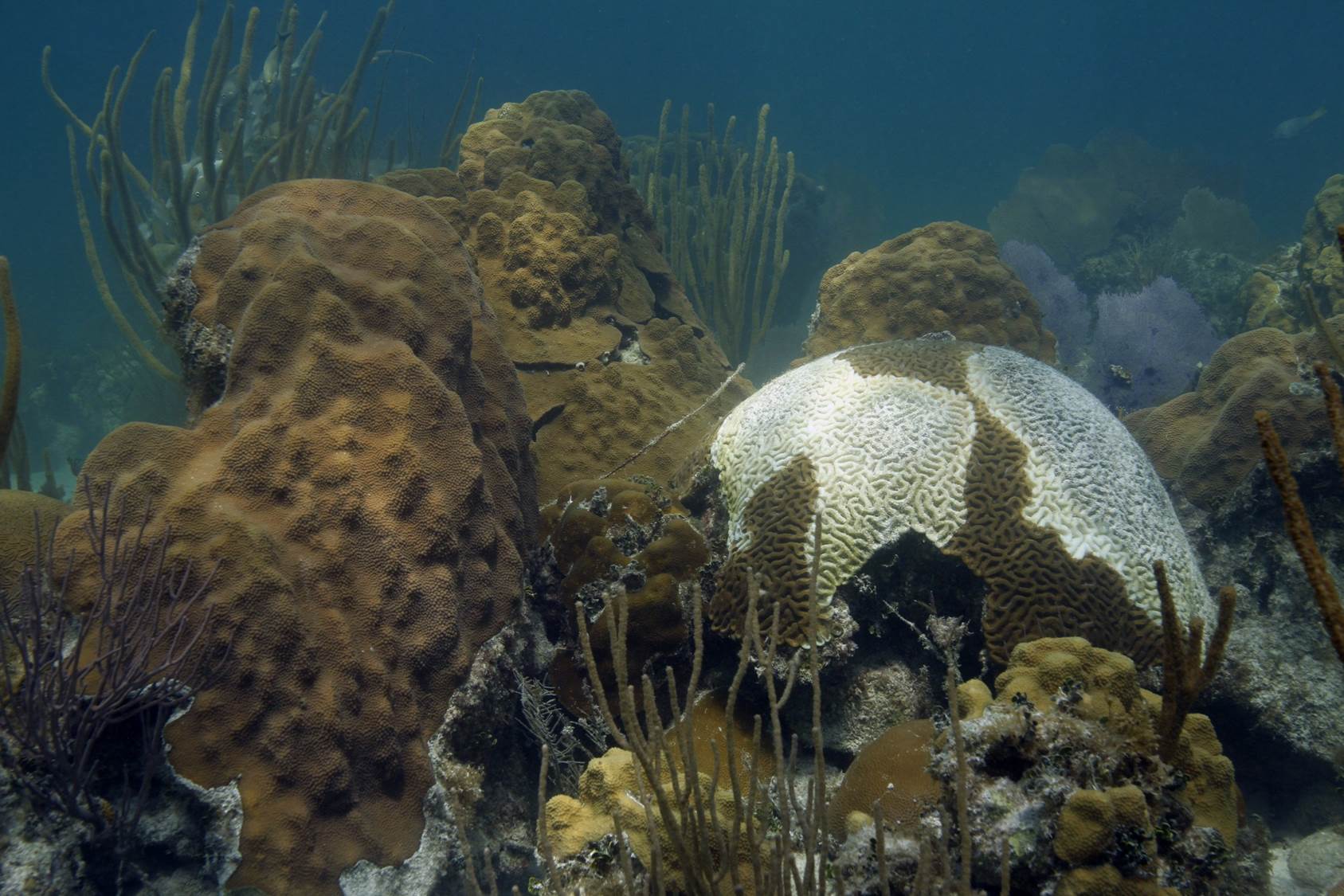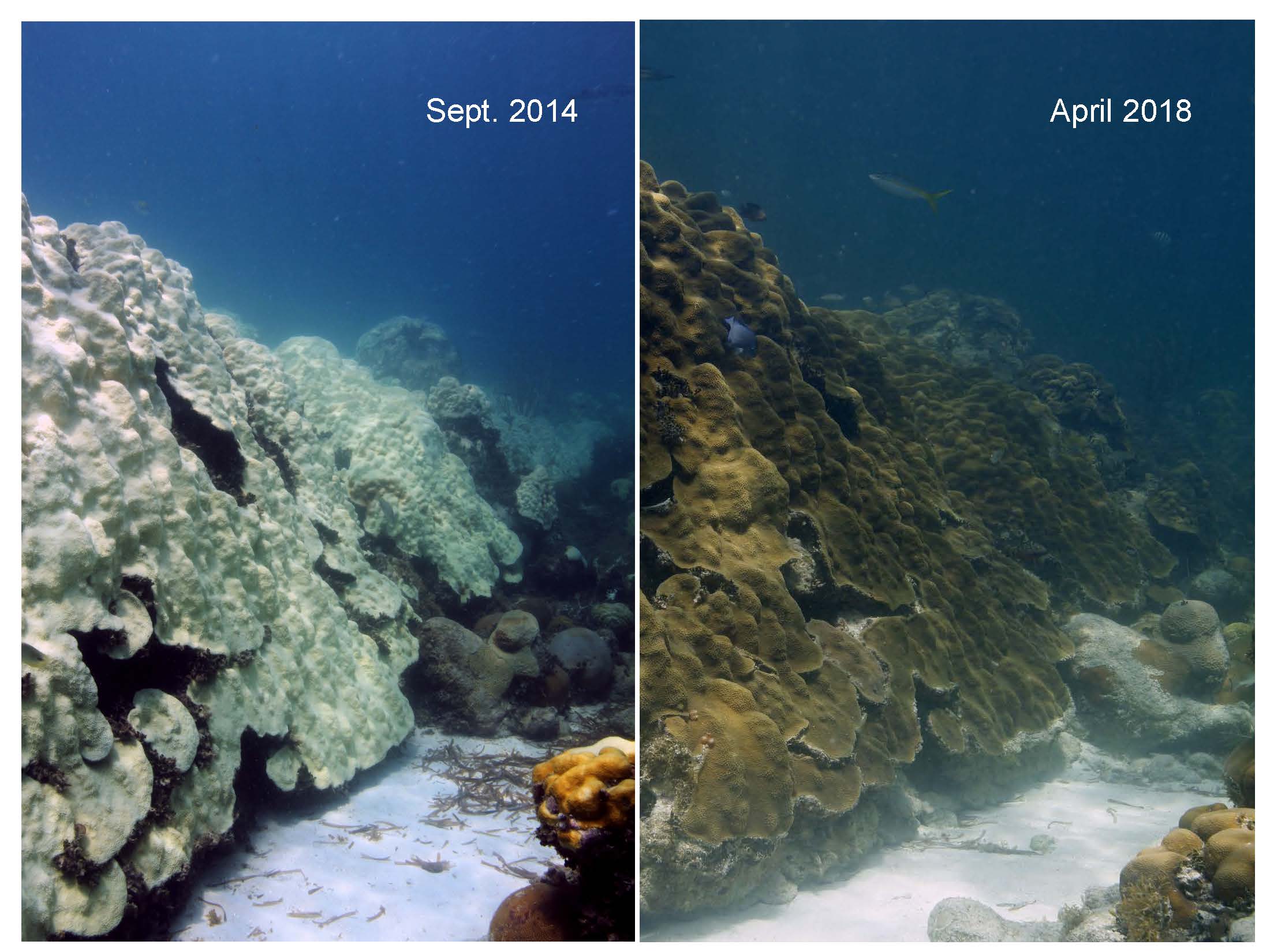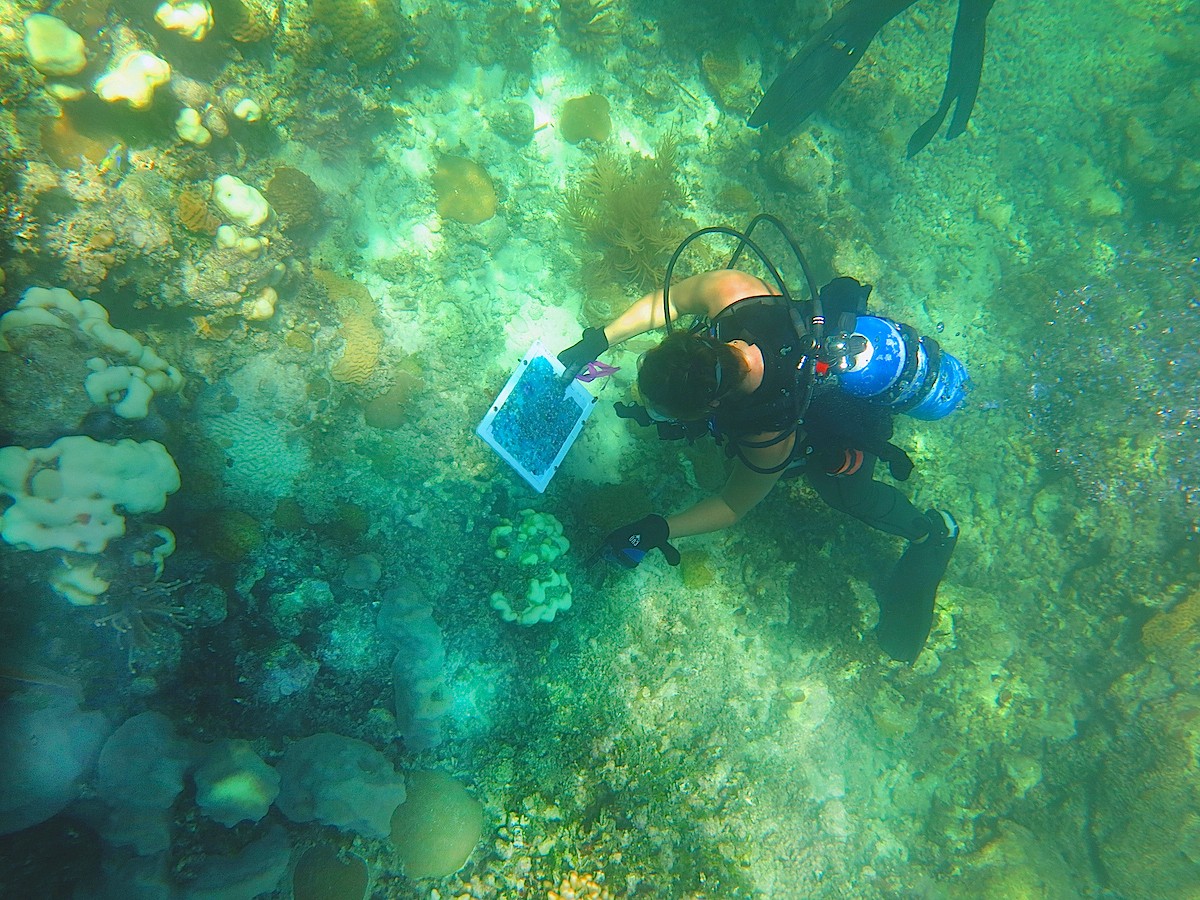BEAMS of Cheeca: shedding light on the resilience of a Florida Keys inshore patch reef
The waves lap at the bow of the RV Cable while glimmers of Cheeca Rocks, a bustling inshore patch reef, ebb and flow into focus below the surface. For eleven consecutive weeks, the Coral Program at NOAA’s Atlantic Oceanographic and Meteorological Laboratory (AOML) laid anchor at this long-term monitoring site to deploy and maintain Benthic […]





